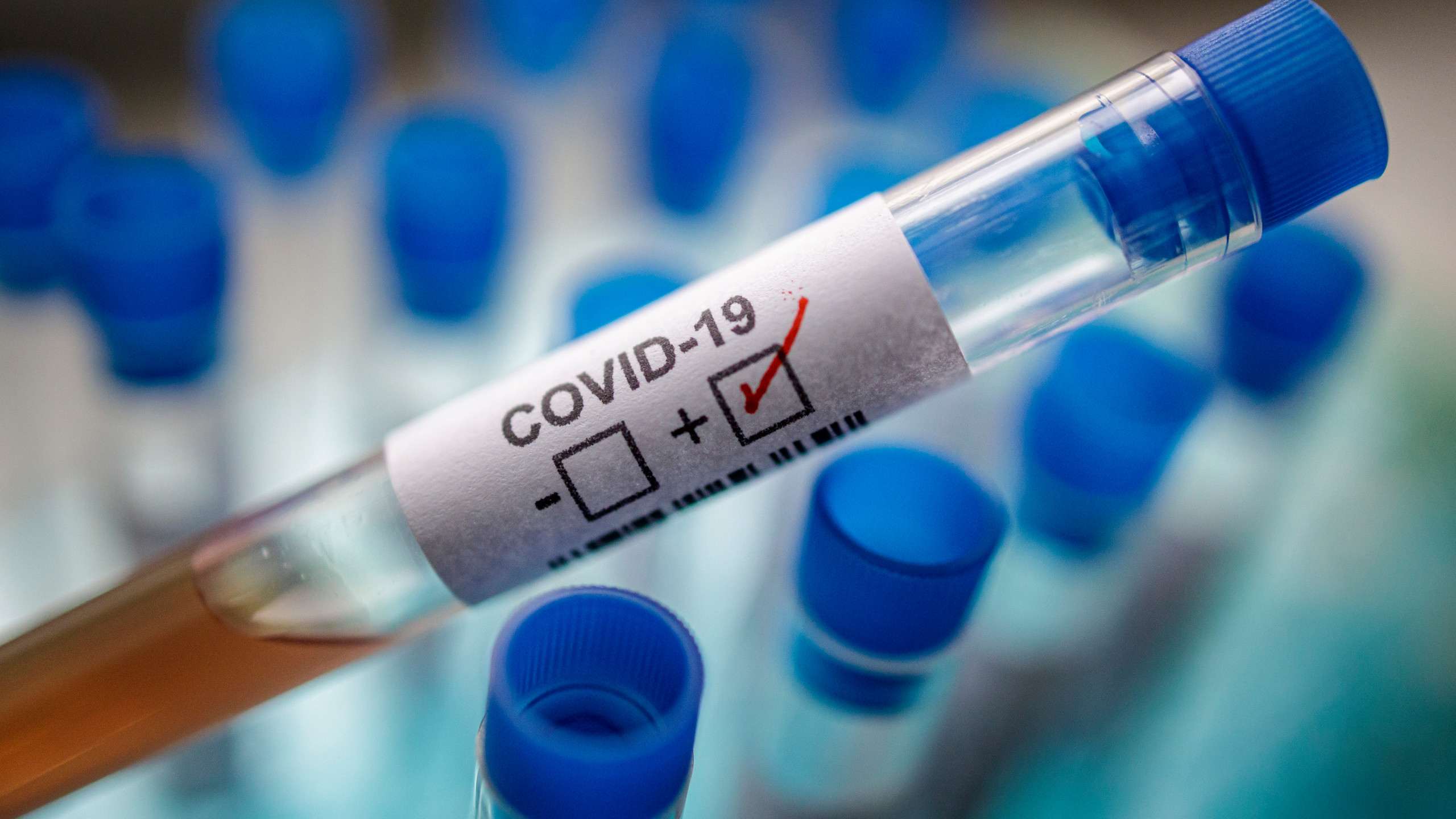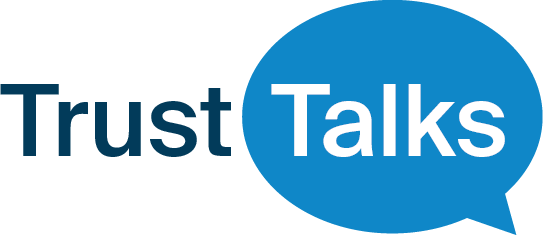Fighting Counterfeit Medical Supplies During COVID-19

The COVID-19 pandemic is not only causing unprecedented disruption to our economy and the daily lives of millions of Americans, it’s placing an enormous burden on local, state, and national healthcare systems, public health officials, and providers. In addition to shortages of certain consumer goods, hospitals, community health centers, and medical personnel are facing shortages of coronavirus test kits, masks, and other critical supplies. Shortages in the supply of specific products, combined with enormous demand in the face of the ongoing pandemic, has created a golden opportunity for counterfeiters and other illicit actors who aim to profit from this global public health crisis.
Along with continued efforts to contain the spread of the virus, it’s essential that elected leaders, public health officials, and businesses have the tools necessary to ensure security and transparency in the production of critical supplies related to the COVID-19 crisis, and educate the public about the risks posed by counterfeit goods.
The Challenge
The threat posed by counterfeit goods related to COVID-19 is not theoretical. Last week, news reports emerged that Customs and Border Protection (CBP) officials at Los Angeles International Airport and Chicago O’Hare had intercepted hundreds of counterfeit coronavirus “home testing kits” bound for the American market. Interpol recently “announced the seizure of 34,000 counterfeit surgical masks, as well as ‘corona spray,’ ‘coronavirus packages’ and ‘coronavirus medicine,’ and the shutdown of more than 2,500 web pages advertising sale of such items.” Sky News echoed concerns about the widespread distribution of fake medical supplies via online marketplaces and the dark web.
In the best-case scenario, counterfeit tests, masks, and other supplies will create confusion and inefficiency for healthcare providers and patients; in the worst-case, these counterfeit products represent a direct threat to the lives of medical personnel and individuals potentially infected with the virus.
In the context of a rapidly evolving global pandemic, there are myriad challenges facing the officials and businesses responsible for producing, distributing, and buying critical medical supplies; in many places, demand is far outpacing supply, global supply chains have been disrupted, and misinformation is widespread. In the face of these challenges, solutions that allow public health officials, businesses, and consumers to differentiate legitimate products from illegitimate ones are essential to shutting down additional risks to public health and safety.
How We Respond
The use of proven product security features that are both tamper-evident and counterfeit-resistant – like SICPA’s overt QUAZAR® solution – is key. Secure labels affixed to individual products and packaging will help officials, medical personnel, and patients easily and reliably differentiate legitimate coronavirus tests and other vital medical supplies from illicit products. And physical product security not only lends greater confidence at the point of sale or point of use – it provides greater visibility at every step of the supply chain, to help ensure that products are secure throughout and that counterfeit products haven’t entered the supply chain at any point.
Creating effective frameworks for product security can be challenging normally, let alone in the context of a global pandemic, but as officials and businesses look for solutions, they can reference other “high-risk” products, including pharmaceuticals, electronics, and tobacco, where the use of physical security features is already widespread. Adopting product security solutions already in use in diverse global marketplaces will help to more readily identify illicit activity related to critical tests and medical equipment, and snuff out both economic and public health threats associated with counterfeit products.
The COVID-19 pandemic represents an unprecedented risk to public health, and that risk is only compounded by potentially widespread counterfeiting and illicit activity related to coronavirus tests and medical supplies. As elected leaders, public and private entities, health officials, and medical personnel work to contain the virus and treat those affected, they must also remain cognizant of the threat posed by counterfeit goods. In response, officials and businesses should look to existing physical product security solutions that can be adapted to provide greater transparency and security for tests, masks, and other medical supplies critical to addressing this public health crisis.

